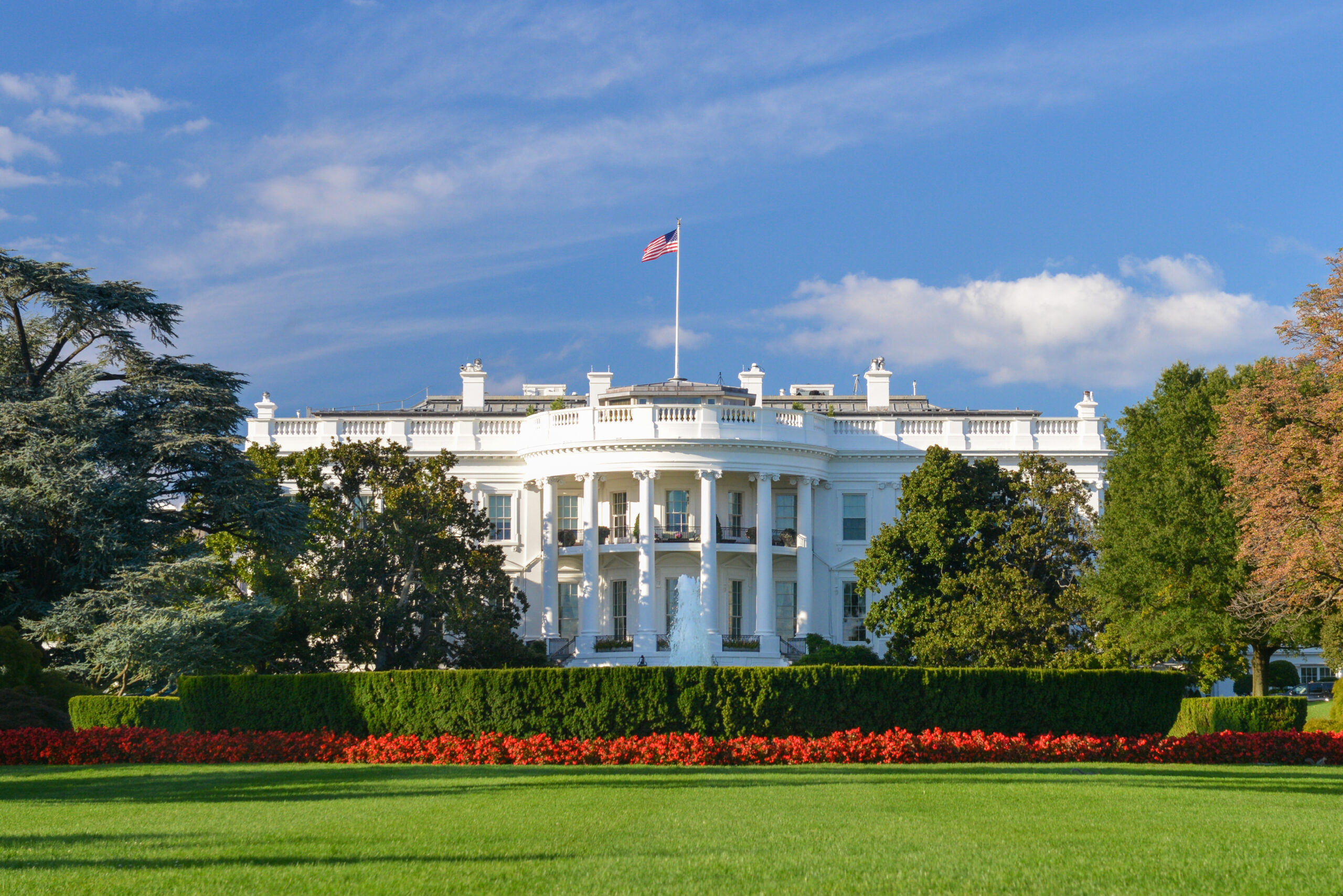Hunter Biden’s Gun Case Remains In Limbo

In the ongoing federal case against Hunter Biden, both legal camps are locking horns over an intricate web of plea deals and pretrial diversion agreements. While Special Counsel David Weiss recently vowed to secure an indictment against Hunter Biden by the end of September, Biden’s defense argues that a pretrial diversion agreement effectively closes the case on a separate gun charge. The issue has become emblematic of the broader debate on prosecutorial discretion and the dispensation of justice.
Weiss told a Delaware federal court on Wednesday that the “Government intends to seek the return of an indictment” by September 29, 2023. Meanwhile, Biden’s legal team claimed they have already executed a pretrial diversion agreement that moots the gun case.
All this started when a plea agreement between Delaware U.S. Attorney Weiss and Hunter Biden fell apart. The judge questioned the deal’s provisions, particularly its generous scope of immunity to Biden, which led to its collapse. Weiss then moved to dismiss the tax charges against Biden “without prejudice,” seeking permission to file charges in other jurisdictions.
While the case gets complicated, let’s remember the basics: there were two connected plea deals — one dealing with tax misdemeanors and the other, a gun felony. When the tax deal fell apart, it put the future of the gun charge in limbo. Hunter Biden pleaded not guilty to the tax charges, leaving the gun case pending. Yet, his legal team insists that a pretrial diversion agreement provides him immunity far beyond the gun charge.
What complicates matters more is that the Delaware probation office “declined to approve the proposed diversion agreement,” according to the government. Hunter Biden, however, claims the deal was executed when both parties signed it. This puts Judge Maryellen Noreika in uncharted waters, as no case law addresses this unprecedented situation.
The mixed signals from Weiss are giving some pause. Even as he promises an indictment, it’s worth remembering that he was the same individual who initially struck a lenient deal with Biden. Sen. Ted Cruz (R-TX) sharply criticized the appointment of Weiss as special counsel, calling it a misuse of power last month on the X platform, formerly known as Twitter.
Will Weiss be more aggressive now with his special counsel title than when he was just the U.S. Attorney in Delaware? If the past is any indication, one can’t be too certain.
This case serves as a litmus test for the legal system, reflecting the extent to which political connections bear on the wheels of justice. It also scrutinizes the power wielded by prosecutors and the ethical problems associated with plea deals generally. Whether the upcoming indictment will serve as a reset button or just another chapter in an ongoing saga remains to be seen.
























